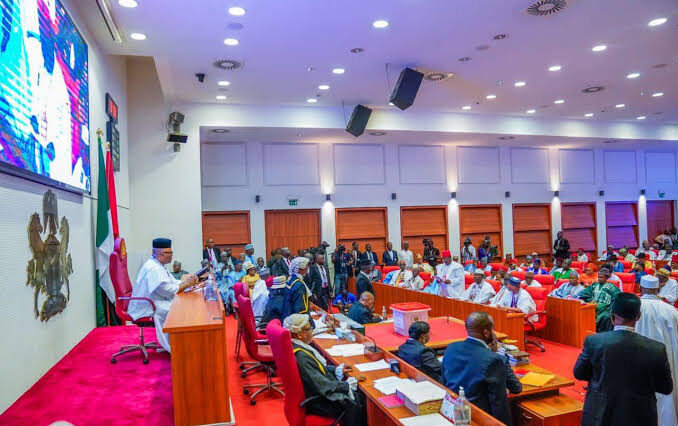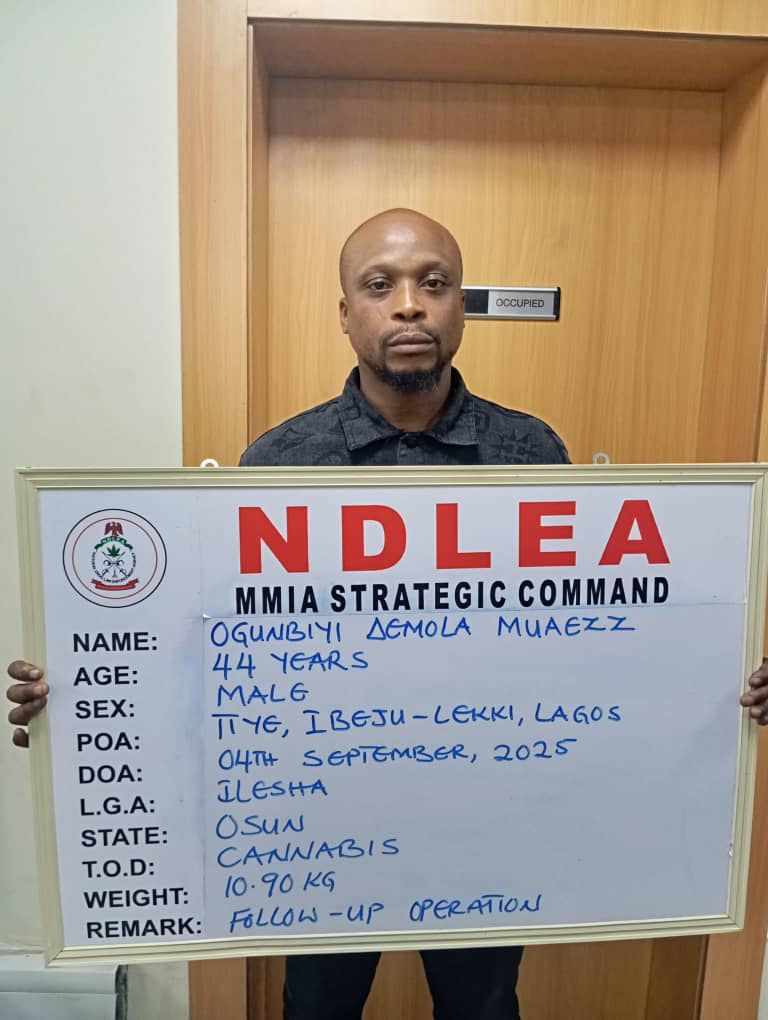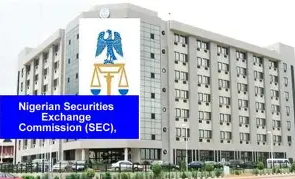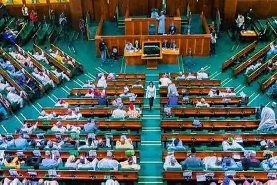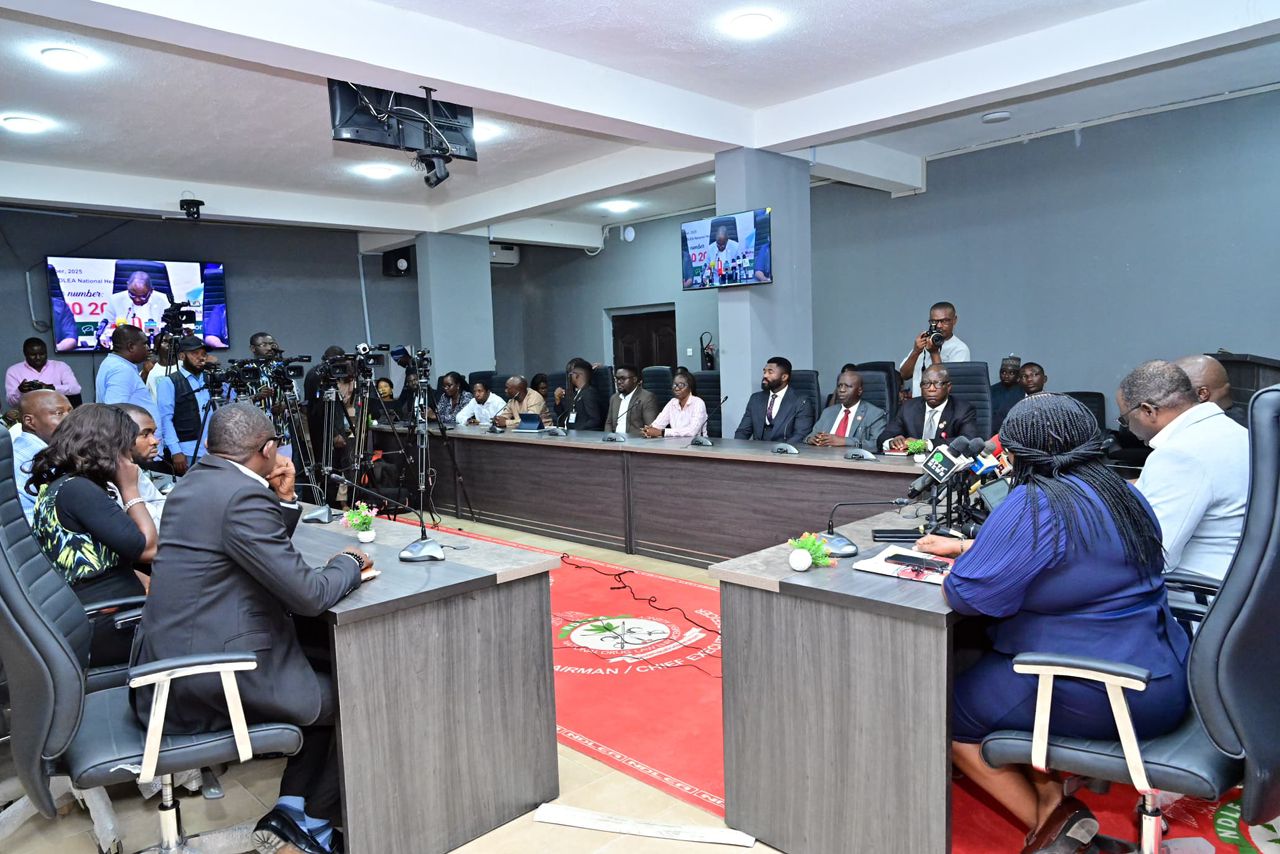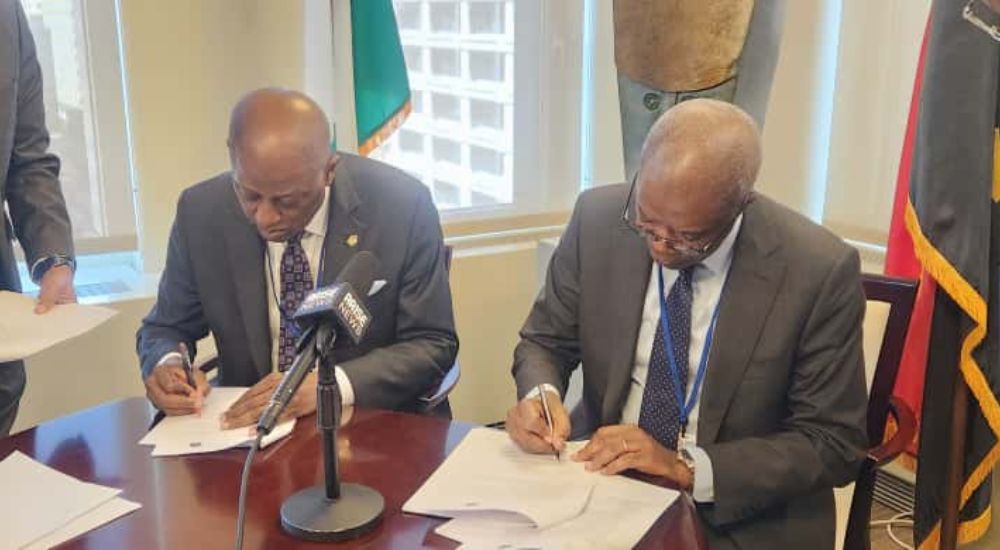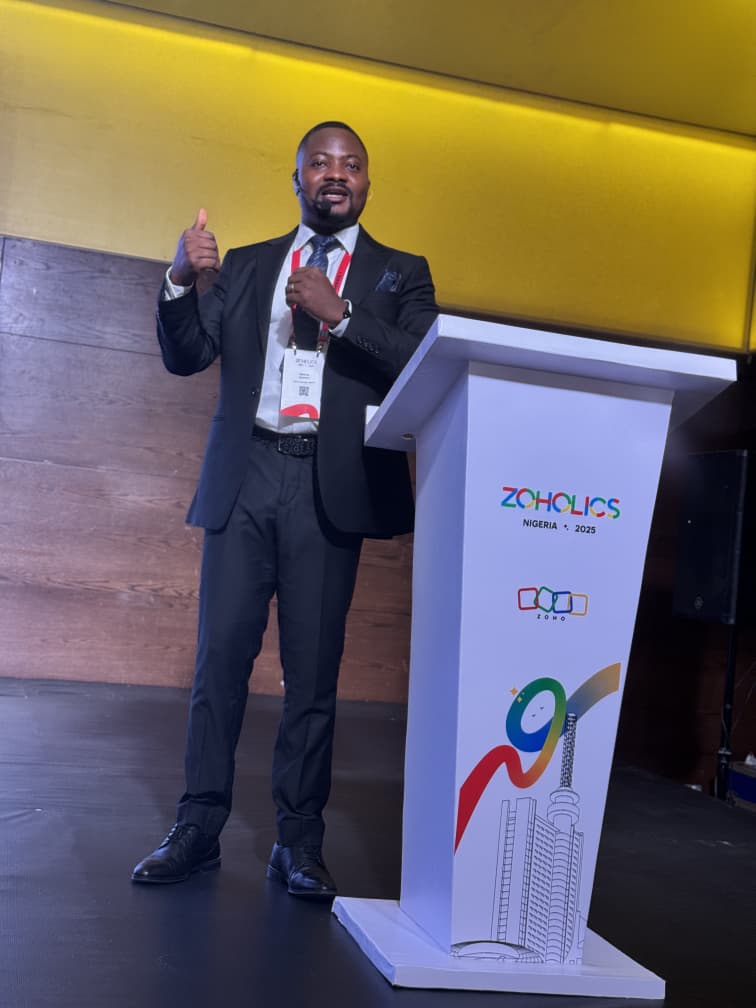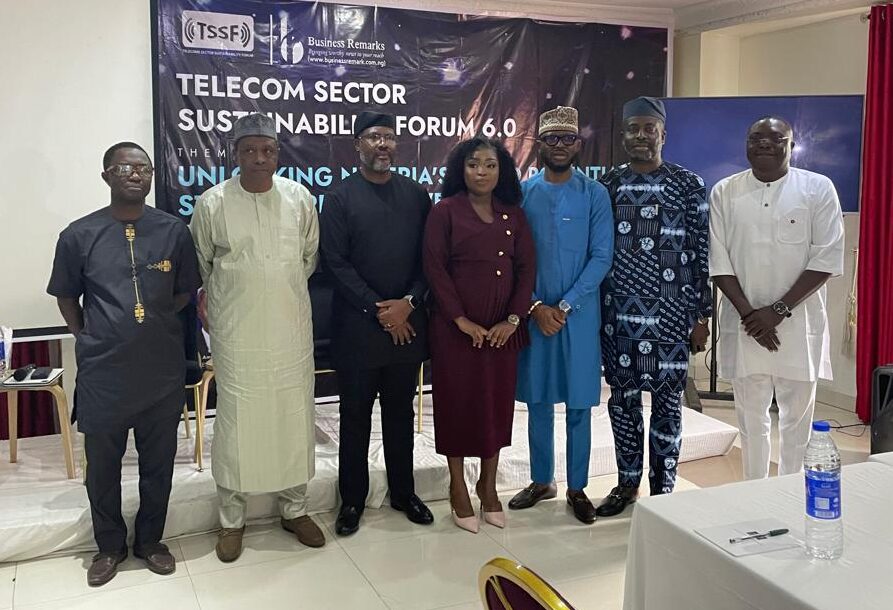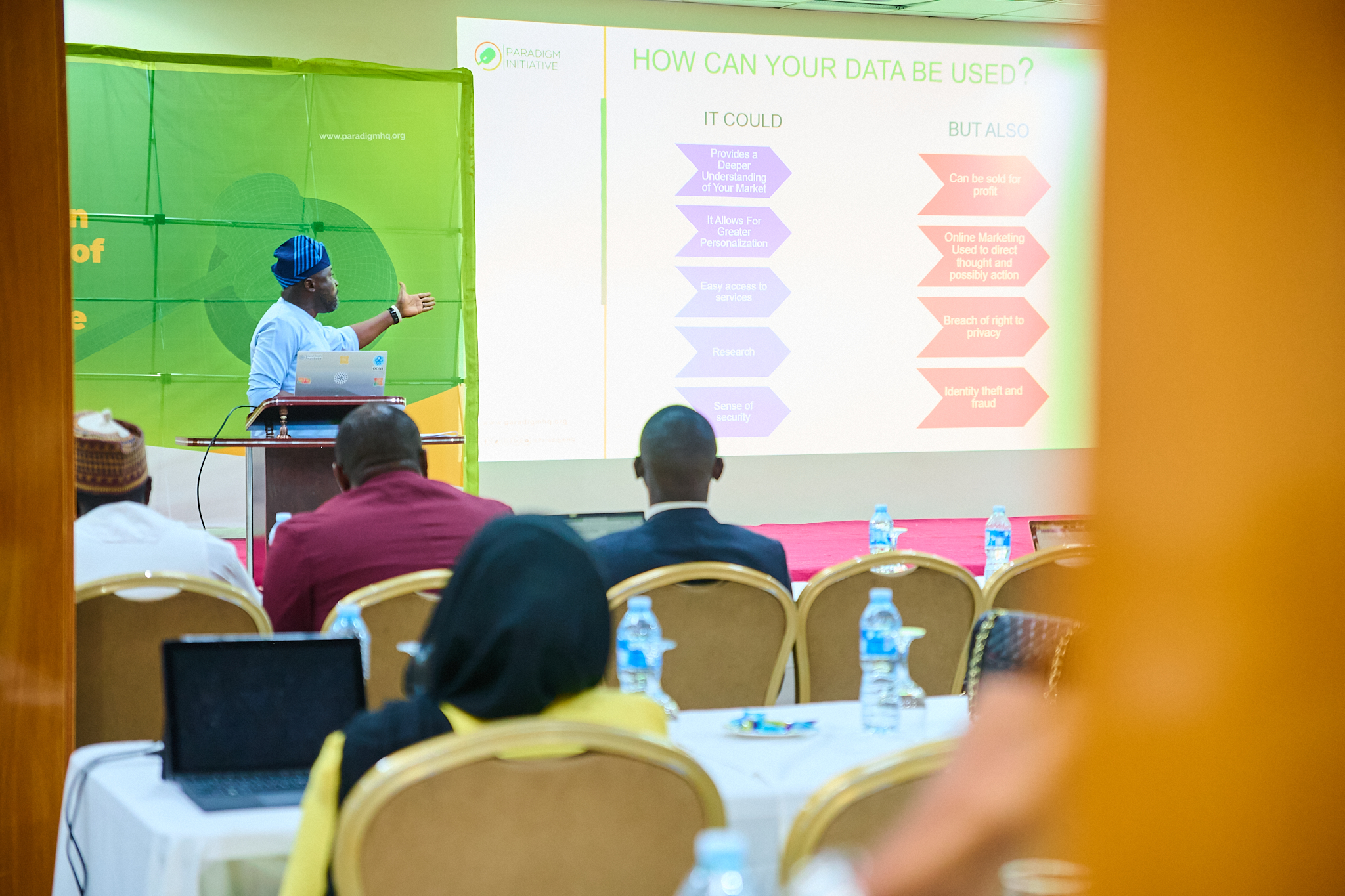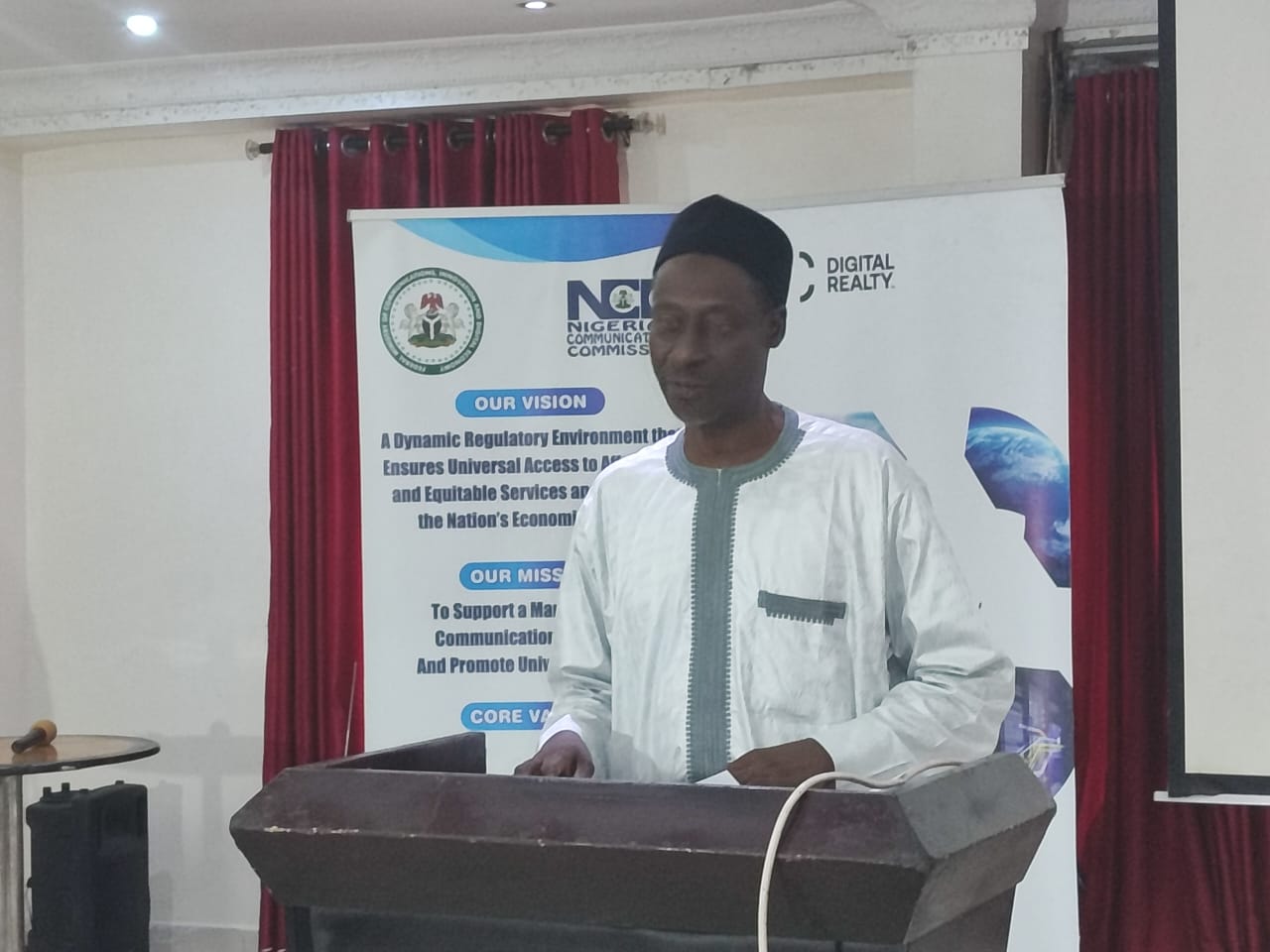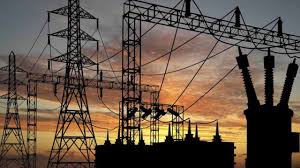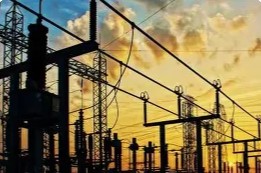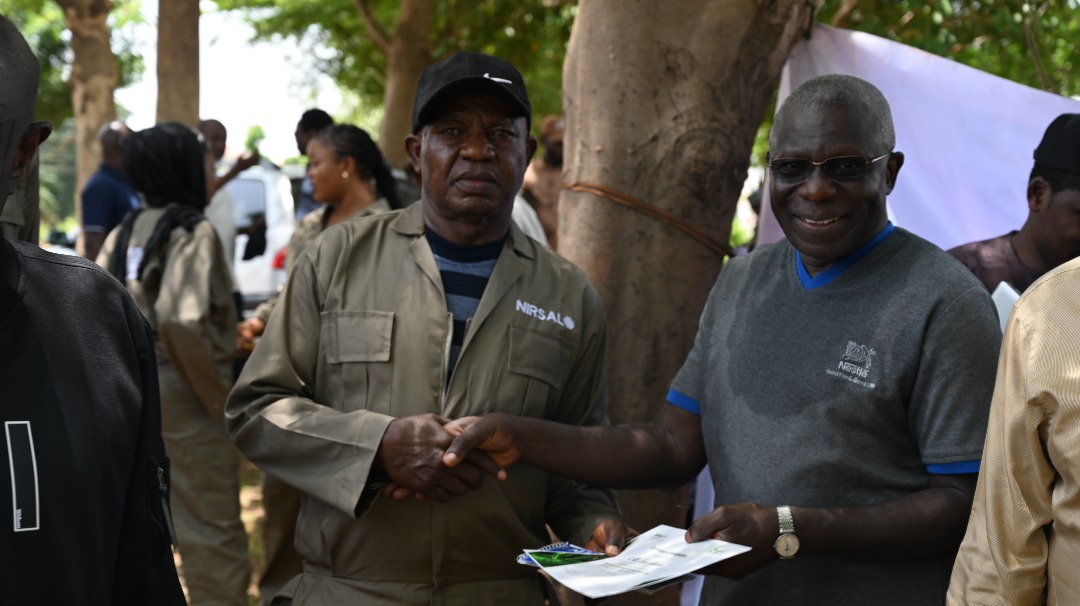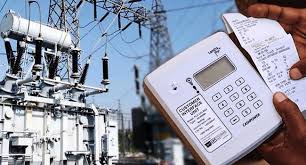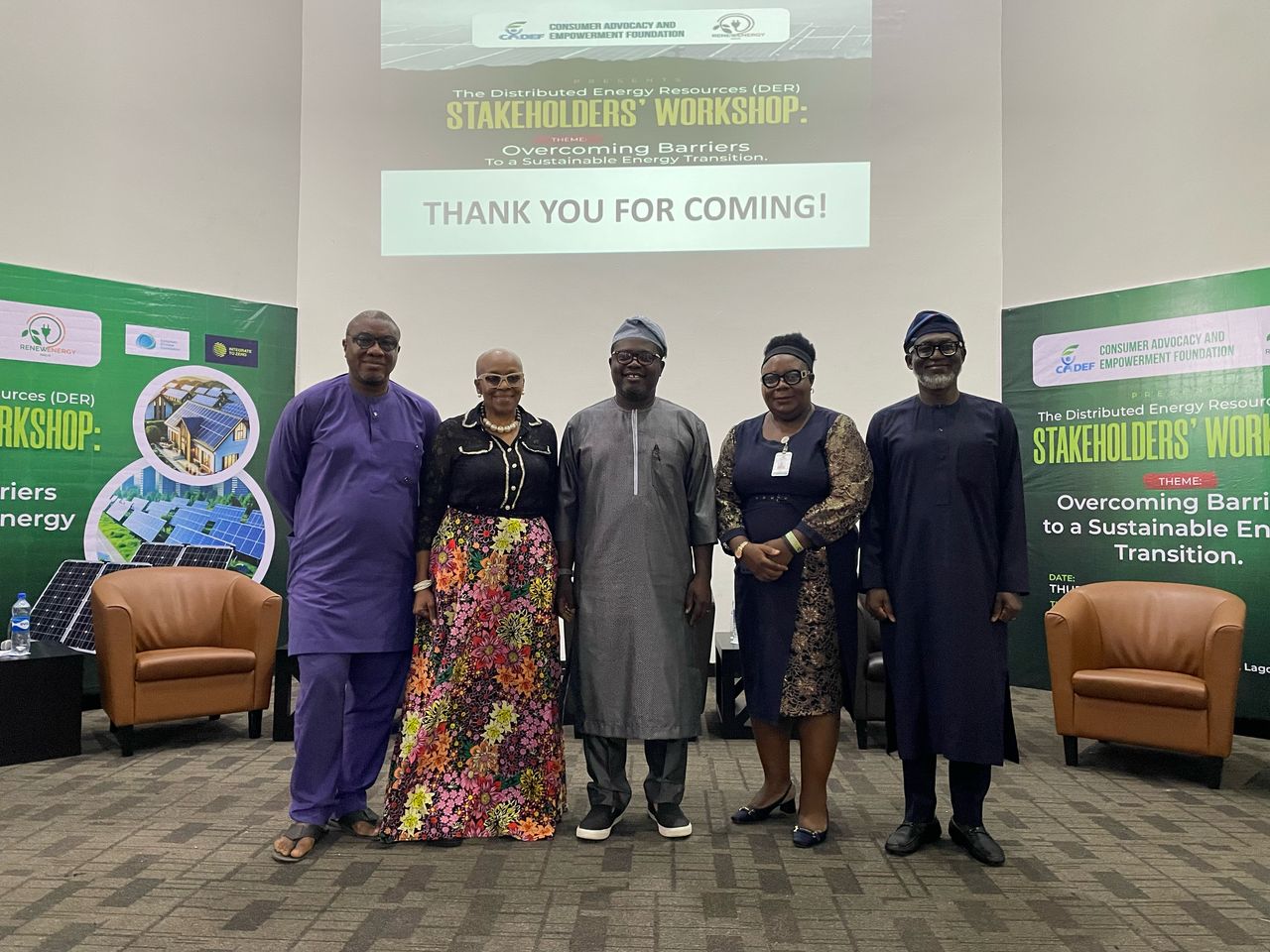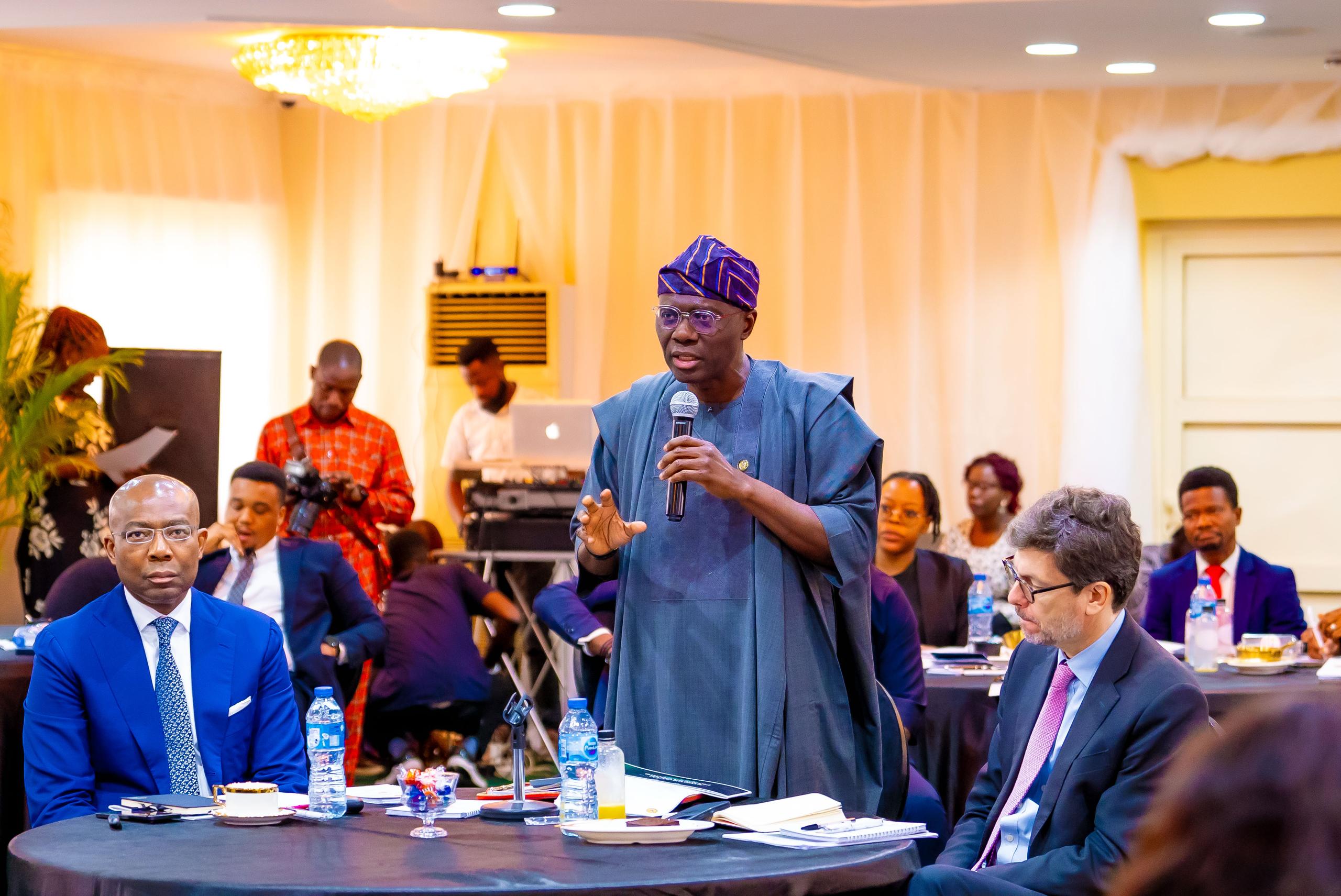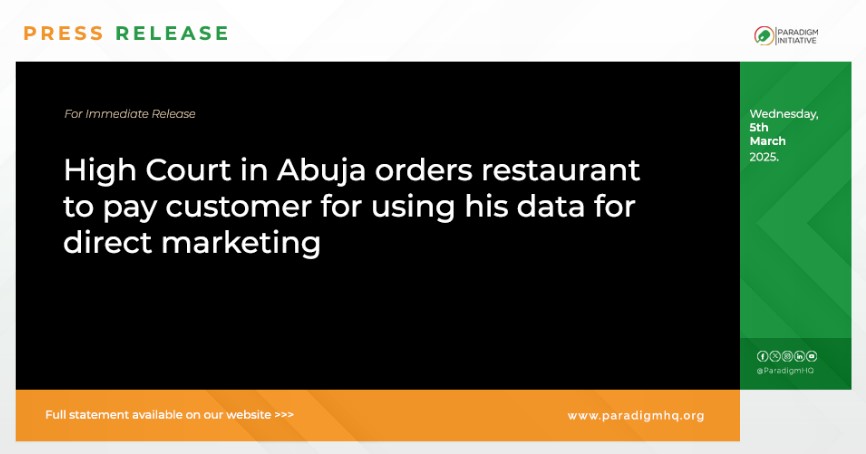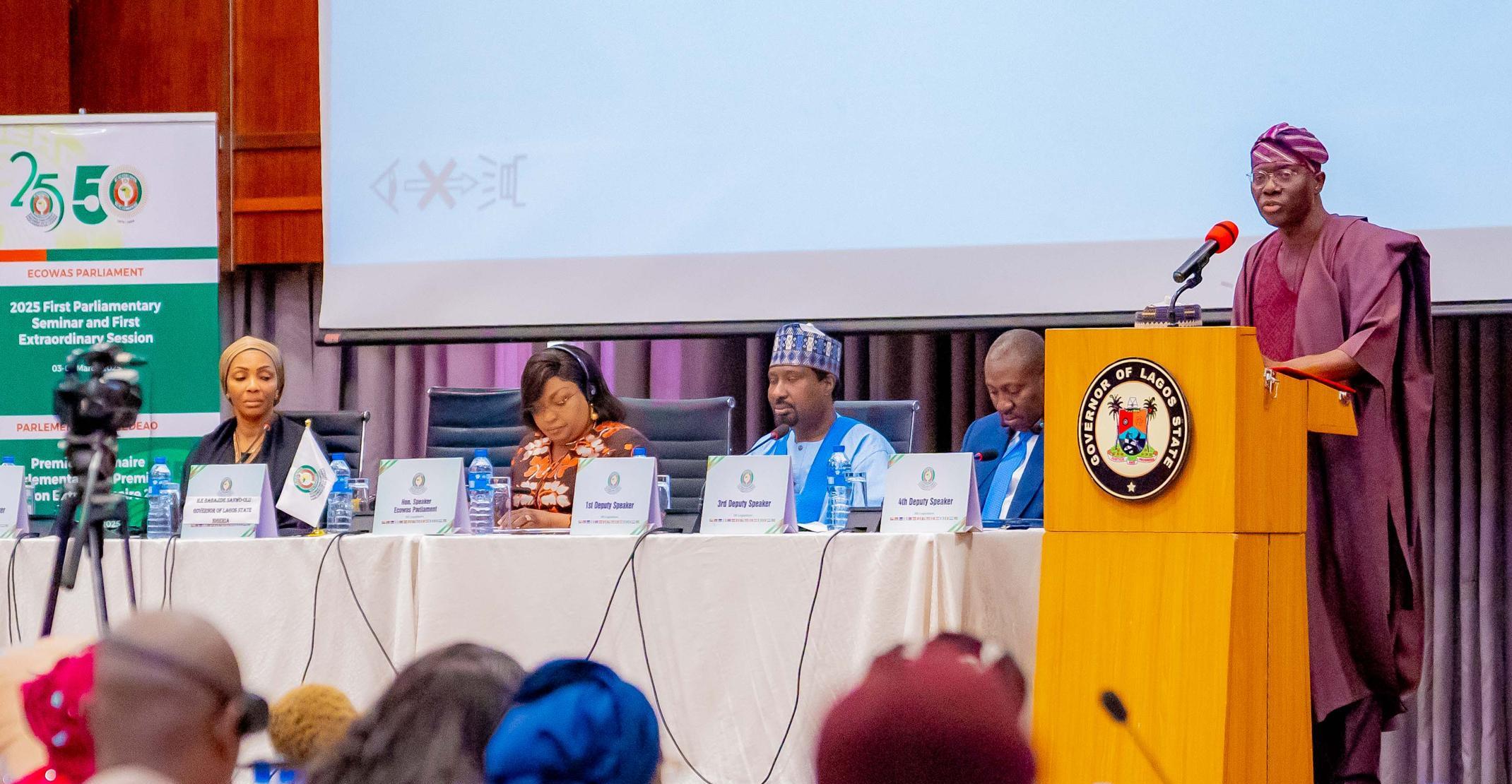
Baffled by the incessant collapse of the national grid, the Federal Government, through the Nigerian Electricity Regulatory Commission, has issued an order mandating all electricity generation companies connected to the grid to implement Free Governor Control across their generating units, warning that non-compliance would attract heavy penalties, including disconnection from the grid.
The order, referenced NERC/2025/094 and signed on August 26, 2025, by the commission’s Vice-Chairman, Musiliu Oseni, and the Commissioner, Legal, Licensing & Compliance, Dafe Akpeneye, will take effect on September 1, 2025.
In power generation, a governor is a control system that regulates the speed or output of a turbine or generator. Its primary function is to maintain a stable speed or frequency.
Free Governor Control is a mode of operation in power generation where the governor of a turbine or generator is allowed to freely adjust the output in response to changes in grid frequency. This control mode enables the generator to contribute to grid stability by automatically increasing or decreasing output to match demand and maintain frequency within acceptable limits.
It was ordered that any GenCo that fails to comply with the integration and activation of FGC on all generating units by November 30, 2025, shall be liable to a penalty of a prorated 10 per cent of the invoice associated with the defaulting generating unit, and any generating unit that records 90 consecutive days of FGC non-compliance shall be disconnected from the grid.
The commission said the measure was necessary to stem repeated system disturbances and enforce strict compliance with the Grid Code. According to the commission, the order seeks to establish a structured framework for enhancing power generation reliability and stability of Nigeria’s power grid by ensuring strict compliance with operational frequency limits, implementing transparent monitoring mechanisms, and penalties for violations of the Grid Code.
NERC said it is mandated by section 34(1)(e) of the Electricity Act 2023 to ensure the safety, security, reliability, and quality of service in the production and delivery of electricity to consumers, while section 34(2)(b) of the Act empowers it to establish or approve operating codes and standards to ensure safety, security, reliability, and quality in the production and delivery of electricity services in the NESI.
The regulator reminded operators that section 12.6.2 of the Grid Code requires every generating unit to be fitted with a fast-acting governor system capable of regulating turbine speed and adjusting output when frequency deviates.
“Section 12.6.2 of the Grid Code for the Nigerian Electricity Transmission System requires all generating units to be fitted with fast-acting FGC that is capable of regulating turbine speed and adjusting power output based on frequency deviation exigencies, i.e., primary control.
“The FGC shall be sufficiently damped for both isolated and interconnected operation modes. The FGC and any other superimposed control loop (load control, gas turbine temperature limiting control, etc.) shall contribute to the primary control to maintain the unit within the generating unit’s capability limits.
“Furthermore, the primary control characteristics shall be maintained under all operational conditions. Where a generating unit becomes isolated from the system but is still available to supply demand, the generating unit must be able to provide primary control to maintain frequency and voltage,” the order stated.
The regulator recalled that the national grid experienced eight incidents of grid disturbances in 2024, which resulted in five full system failures and three partial system failures, blaming the GenCos.
“The incident reports filed by the Transmission Company of Nigeria Plc identified non-compliance with the provisions of the Grid Code by some generation companies as contributory factors. The performance review of the operations of grid-connected GenCos in 2024 revealed that there was significant failure on the activation of FGC,” the NERC noted.
NERC Orders Gencos to Meet FGC, Metering Standards or Face Sanctions and Disconnection
The order, it was said, is to ensure the mandatory deployment and activation of FGC in all generating units to enhance the reliability of power generation and stability of grid operations and to ensure GenCos’ compliance with sections 12.6.2 and 15.8.3 of the Grid Code for the Nigerian Electricity Transmission System on FGC.
It is also to promote strict compliance with FGC requirements to minimise the risk of system disturbances and engender stable grid operations while establishing penalties for non-compliance. The commission ordered that all grid-connected GenCos shall install a fast-acting FGC in all generating units, and the FGC shall be operable at all times by 30 November 2025.
“GenCos shall at all times activate and operate the FGC in real-time without any time delays. GenCos are mandated to procure and supply a Grade Level 5 metering system with IoT-based monitoring capabilities for each generating unit and communicate readiness for installation to the NISO by 31 October 2025. The meters are required to have a minimum capability of measuring active power, reactive power, power factor, generator terminal voltage, and frequency.
“The Nigerian Independent System Operator shall install and integrate all IoT metering systems provided by the GenCos within 20 days of receiving notification of readiness for meter installation from each GenCo. NISO shall actively monitor and enforce strict compliance with the operationalisation of FGC mode in generating units. This shall be achieved through real-time data obtained from the Grade Level 5 IoT meters, ensuring accurate tracking, validation, and assessment of the performance of generating units.
“NISO shall maintain real-time monitoring and record hourly compliance reports on the operation of FGC across all generating units. NISO shall compile and file monthly reports with the commission on the status of compliance with the provisions of the Grid Code on FGC to facilitate regulatory oversight,” the order read partly.
On the consequences for non-compliance, the regulator declared, “Any GenCo that fails to comply with the provisions of sections 12.6.2 and 15.8.3 of the Grid Code on the integration and activation of FGC on all generating units by 30 November 2025 shall be liable to a penalty of a prorated 10 per cent of the invoice associated with the defaulting generating unit for the duration during which it was not operated with its FGC activated, that is, FGC non-compliant.
“Where a generating unit records 90 consecutive days of FGC non-compliance, the affected generating unit shall be disconnected from the grid. Reconnection shall only occur after NISO has certified the unit as fully compliant with the requirements of the Grid Code.
“NISO shall be responsible for determining non-compliance by defaulting GenCos and implementing penalties on the invoice and settlement of the affected GenCo. NISO shall handle the billing, payment processing, and dispute resolution for this penalty in accordance with Rules 28 and 29 of the Market Rules. NISO shall invoice defaulting GenCos the specified penalty amount as part of the monthly market settlement. The proceeds of the penalty shall be remitted to the Ancillary Service Account,” the order read. …Punchng.com
⚡ Want to stay ahead on Nigeria’s power sector reforms? Dive deeper into what the Free Governor Control directive means for GenCos, the national grid, and your electricity reliability.
🔗 Read more analysis and expert updates on LouisaOlaniyi.com.ng
Stay informed. Stay empowered.





































